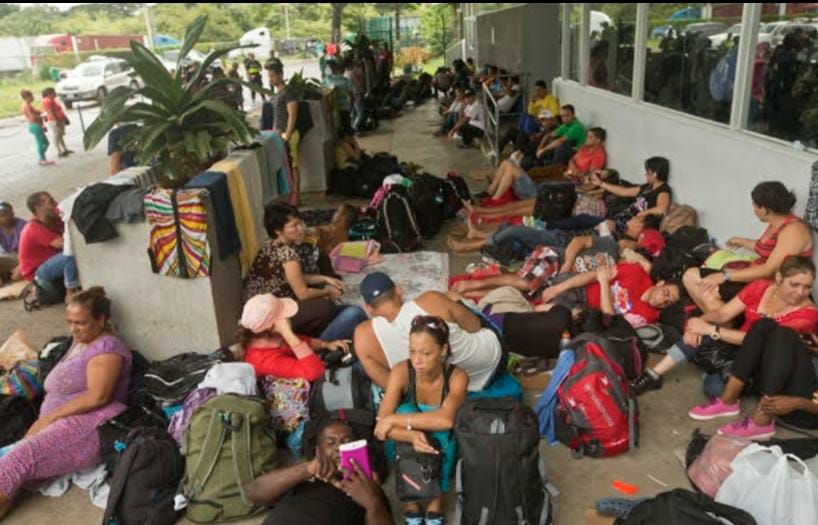The energy crisis is of particular Tension for the central government after last year’s widespread protests, the longest since the Cuban revolution, which first started after residents got bored with rolling blackouts and took the streets.
Last week residents of the Western town of Los Palacios aggressively banged pans and pots in a “cacerolazo” to protest a nightly blackout. Citizens reported that the internet service was cut for hours and local officials successfully handled to calm down the rebellions. “Cuba feels like a powder keg that could blow up on any corner,” statement by Miguel, who dwells in the same province where the most recent rebellions took place. He asked that his name not be used for the threat of retribution.
In feedback to the growing energy crisis, officials give regular updates on the power shortages, but the news is rarely good.
12Q”The situation is complex and concern right now, but it has a solution even if it won’t happen instantly. Energy and Mining Minister Livan Arronte Cruz said during his appearance on state-run TV on Monday, where he admitted blackouts would continue through the summer.

Cuban officials say US sanctions, which grows dramatically during the Trump administration and have been mainly maintained under President Biden, purchase exchanging parts for power plants and even fuel difficult and more expensive.
But analyst Jorge Piñon, the director of the Latin America and Caribbean Energy Program at the University of Texas in Austin, informs that the Cuban government is making less of the crude it requires to run the island’s power plants and is progressively facing an energy downfall finances in renewable energy have so far not paid. A proposed Chinese joint venture to create a wind farm has been delayed, and a British project to turn the remainder of sugar cane milling into energy was hampered by the recent vain harvest, the worst in Cuba in over 100 years, Piñon gives the statement. Even more, the default was the government’s failure to invest in maintaining the ageing power grid.

Cuban officials admit that revamp is not on the horizon and the best they can do is continue to jerry-rig the surviving plants and import whatever fuel they can.
“The power plants consume more of the less amount of fuel that we have,” Cuban President Miguel Diaz-Canel stated in a televised address in June, “fundamentally diesel which costs us a lot means that our generation of energy is affected, as are essential economic activities.”
Amid the energy cuts off, Cubans complaint that public transportation is progressively scarce, and the government fumigators have not needed fuel to spray widely for mosquitoes that carry dengue.

